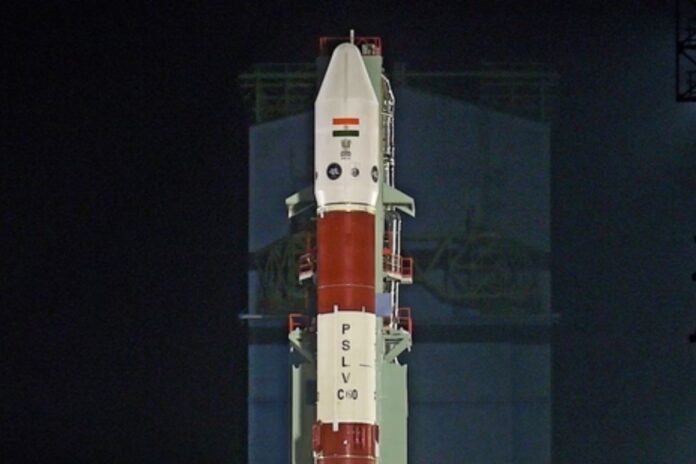
SpaDex, the latest mission by the Indian Space Research Organisation (ISRO), was successfully launched aboard a PSLV rocket from the Satish Dhawan Space Centre in Sriharikota. This mission, which took place on Monday, aims to demonstrate crucial in-space docking technology using two small spacecraft.
SpaDex Mission: A Step Toward Autonomous Space Docking
SpaDex focuses on advancing the technology required for the rendezvous, docking, and undocking of two small spacecraft in a low-Earth orbit. The spacecraft involved in this mission, SDX01 (Chaser) and SDX02 (Target), weigh 220kg each and are designed to operate with precision in space. This mission is particularly challenging due to the small size and mass of the spacecraft, requiring extremely fine maneuvering.
ISRO has emphasized the importance of this technology for future lunar missions, such as Chandrayaan-4, which will rely on autonomous docking without external navigation support from Earth-based GNSS systems. “Because of its small size and mass, SpaDex is more challenging due to the finer precision required for the rendezvous and docking maneuvers compared to docking two large spacecraft,” ISRO stated in a press release.
SpaDex’s Role in Future Space Exploration
SpaDex is part of ISRO’s broader strategy to set up its own space station by 2035. The PSLV-C60 rocket’s launch marked a significant step forward in the country’s efforts to master space docking technologies, which will be vital for satellite servicing and interplanetary missions. By demonstrating this technology, ISRO is expanding its capabilities and operational flexibility, ensuring more ambitious space missions in the future.
The mission also carries 24 small payloads in the PSLV’s fourth stage, the PSLV Orbital Experimental Module-4 (POEM-4). These payloads include 14 from ISRO and 10 from academia, which will be placed in different orbits over the next 90 minutes.
ISRO’s Rescheduled Launch and Key Achievements
The launch, initially scheduled for 9:58 pm, was rescheduled to 10 pm, though ISRO did not provide an official reason for the delay. Despite the minor change in schedule, the successful lift-off marks a significant milestone in ISRO’s ambitions to enhance its space exploration technologies.
SpaDex serves as a precursor for future missions that will require sophisticated docking and rendezvous capabilities, making it a crucial step in India’s space journey.
